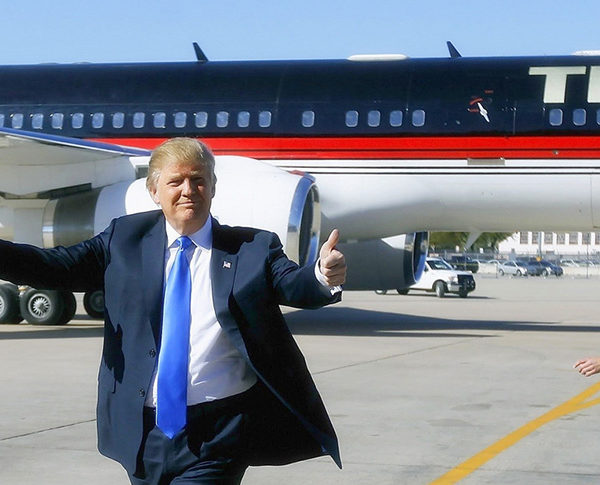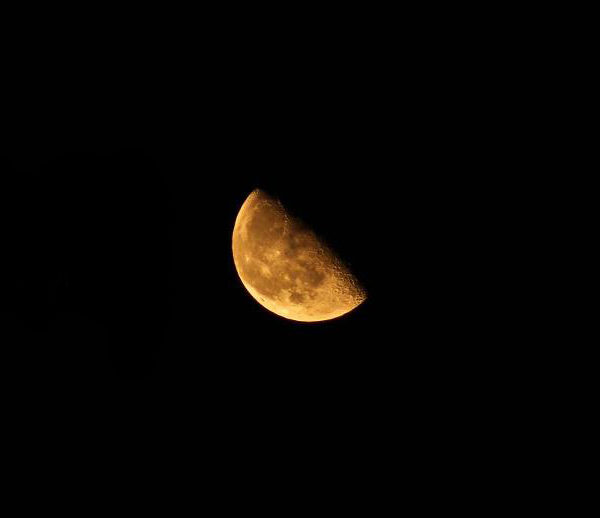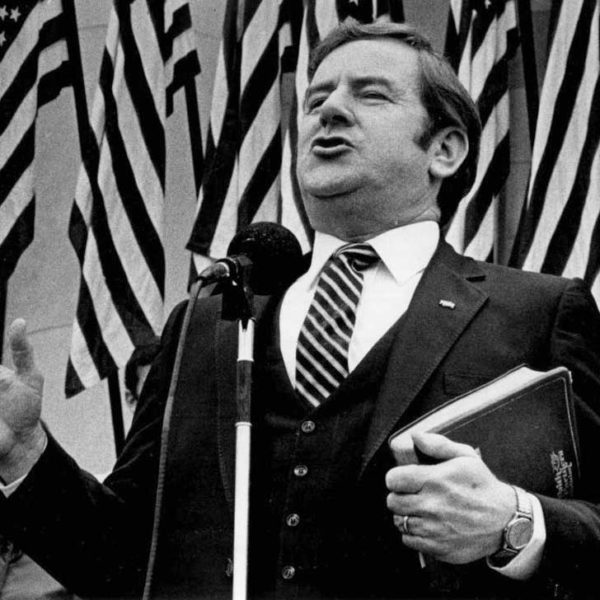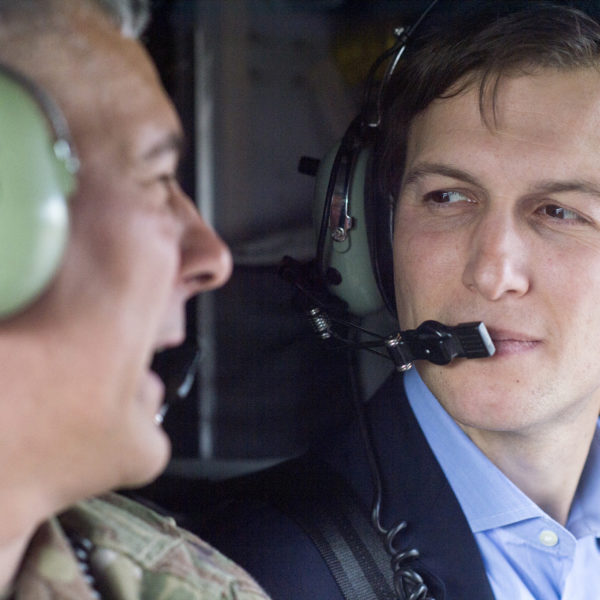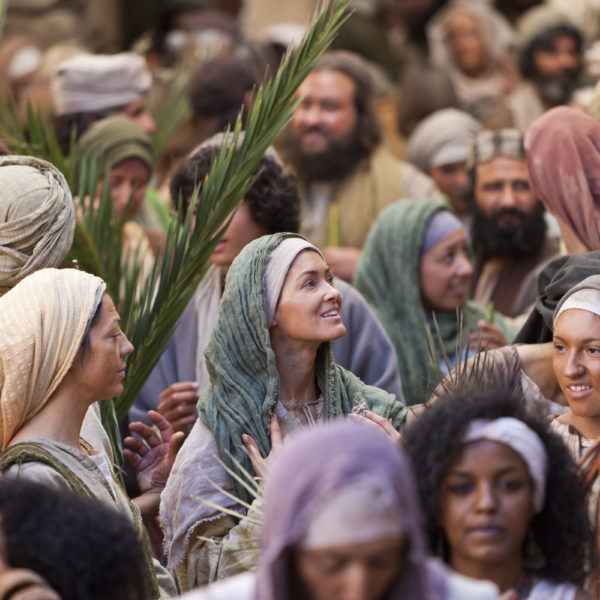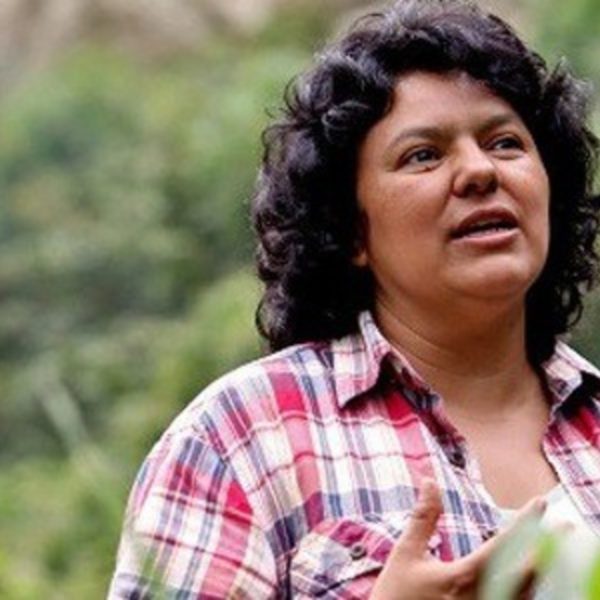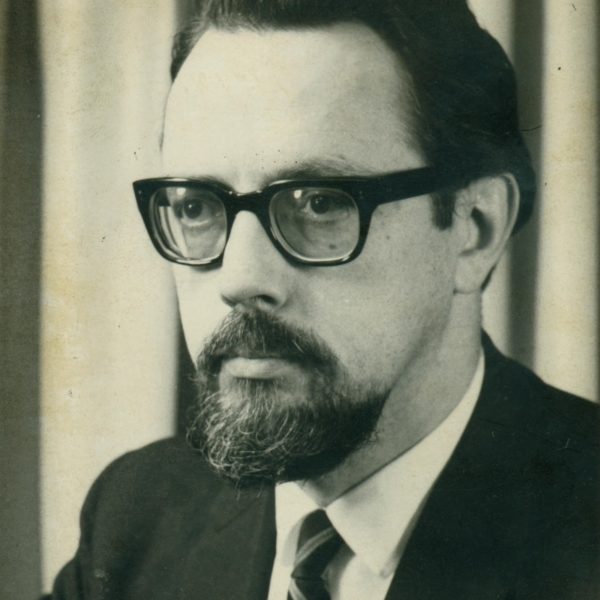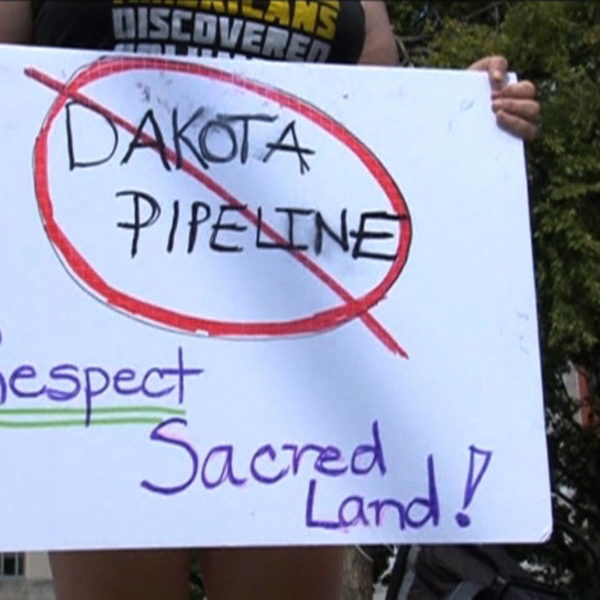Category: Traditions
Religious and secular traditions are internally plural and in constant development through engagement with external others. Political theology engages these (a)religious formations and their diverse global manifestations.
Resources
Bibliography:
- Delores Williams, Sisters in the Wilderness: The Challenge of Womanist God-Talk (1993)
- Saba Mahmood, Religious Difference in a Secular Age: A Minority Report (2015)
- Vincent Lloyd, Black Natural Law (2016)
- Tisa Wenger, We Have a Religion: The 1920s Pueblo Indian Dance Controversy and American Religious Freedom (2009)
- Daniel Boyarin, Border Lines: The Partition of Judaeo-Christianity (2004)
- The Commission on Theological Concerns of the Christian Conference of Asia (ed.), Minjung Theology: People as the Subjects of History (1983)
- Ashon Crawley, Blackpentecostal Breath: The Aesthetics of Possibility (2016)
- William T. Cavanaugh, The Myth of Religious Violence: Secular Ideology and the Roots of Modern Conflict (2009)
Relevant Journal Articles:
- Inese Radzins, “Simone Weil’s Political Theology,” Political Theology 17, no. 3 (2016): 226-242
- Lap Yan Kung, “Parent-Child and Center-Edge Metaphors: A Theological Engagement with the Social Imaginary of ‘One Country, Two Systems,’” Political Theology 20, no. 5 (2019): 392-410
- SherAli Tareen, “Muslim Political Theology Before and After Empire: Shāh Muḥammad Ismāʿīl’s Station of Leadership (Manṣab-i Imāmat),” Political Theology 21, no. 1-2 (2020): 105-125
- Julie E. Cooper, “Heretic or Traitor? Spinoza’s Excommunication and the Challenge That Judaism Poses to the Study of Religious Diversity,” Political Theology 21, no. 4 (2020): 284-302

